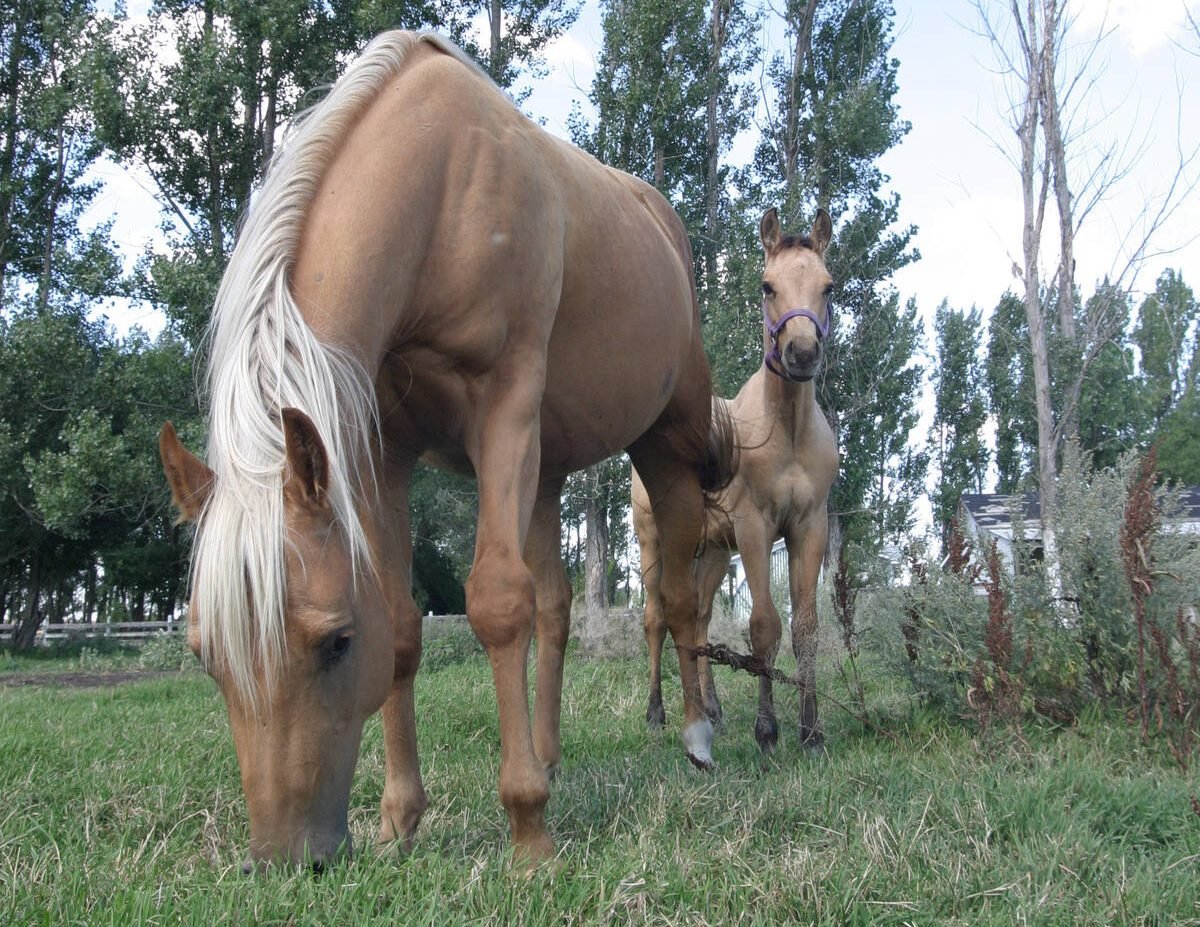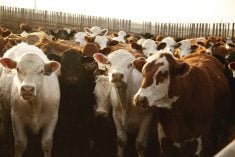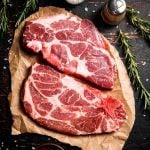RED DEER, Alta. – Eight people showed up the first time Allan Savory gave a public talk on his ideas about holistic management and intensive grazing.
That was 20 years ago. Now the guru of holistic management fills the room with ranchers and business people who want to learn how his technique can be applied to their operations.
People coming to hear Savory often hope for a lecture on how to move cattle or preserve grassland better. Instead, he tells them the first step is learning how to make decisions that fit their operations and personal goals.
Read Also

Growth plates are instrumental in shaping a horse’s life
Young horse training plans and workloads must match their skeletal development. Failing to plan around growth plates can create lifelong physical problems.
“No one asks why did you decide to do this,” he told more than 400 people at a seminar in Red Deer Jan. 22.
The grazing practices are simply techniques to improving quality of life on the ranch, he said.
An advocate of advance planning as an aid to decision making, he advises that plans can be revised as situations change. Goals can also be changed and for some businesses, finding a goal may take several years.
To make holistic management work, the entire family, including children, must be involved when developing a long-term goal for an operation. This concept should be applied to large corporations, as well as the family farm.
Omitting people who should be involved in goal setting is the biggest mistake, he said. New ideas born at the top fail because the workers don’t feel they own the ideas.
After leaving a political career in Rhodesia, now Zimbabwe, because of civil war, Savory worked as a consultant for many years.
“I was wrong 98 percent of the time. The other two percent was pure bloody accident,” he said.
He has decided each operation is unique and what worked for one can’t be duplicated for another. The people living and working there must decide what they want, rather than asking someone else.
Savory came to Albuquerque, New Mexico in 1980 where he developed a holistic management centre and published a book on the subject in 1988, which has since been revised. Seventeen universities, including the schools of business at Notre Dame University, Austin University and Montana State are using his book on holistic management as a text. He is disappointed that few agriculture departments have adopted it.
“It is difficult to get new knowledge into bureaucracies. The biggest bureaucracies are universities.”
For the most part government is not interested in his ideas, although he has made some headway with officials from the bureau of land management, which is trying to restore eroded soils of the federal grazing lands of the southwestern United States.
When he looks at American agriculture, he has concerns about soil erosion and overgrazing.
His main principle is that soil is a living organism that needs to be covered to keep nutrients cycling. About 50 to 80 percent of the world’s soil is bare.
“If you skin a living organism, it dies.”
Overgrazing happens because animals are left in an area for too long, not because there are too many animals in one spot.
He faces opposition from environmental groups because he insists land needs to be grazed and that animals have a positive effect.
North Americans talk about producing the cheapest food in the world yet Savory argues it is actually the most expensive food the world has ever produced because of the input costs and heavy use of technology.
However, technology shouldn’t be thrown out.
“Much that is known is due to high technology.”















